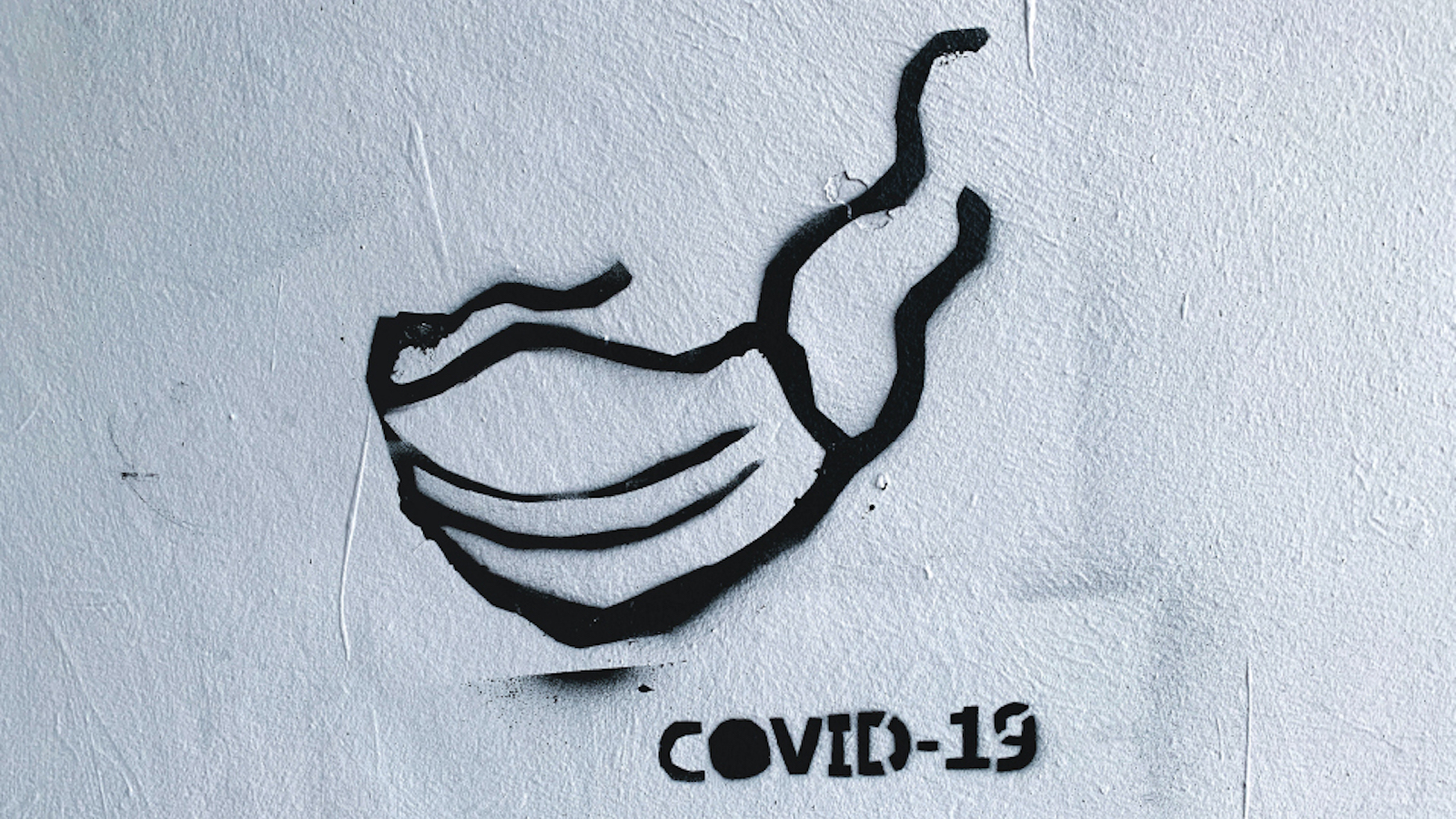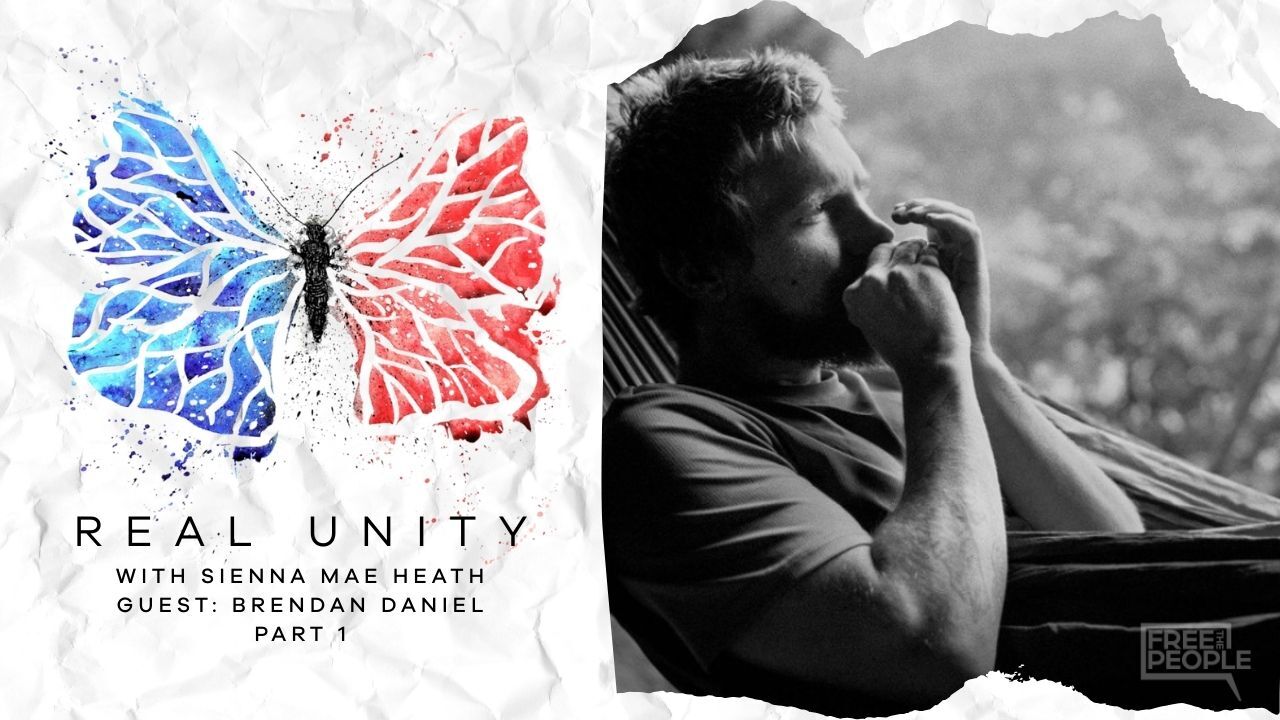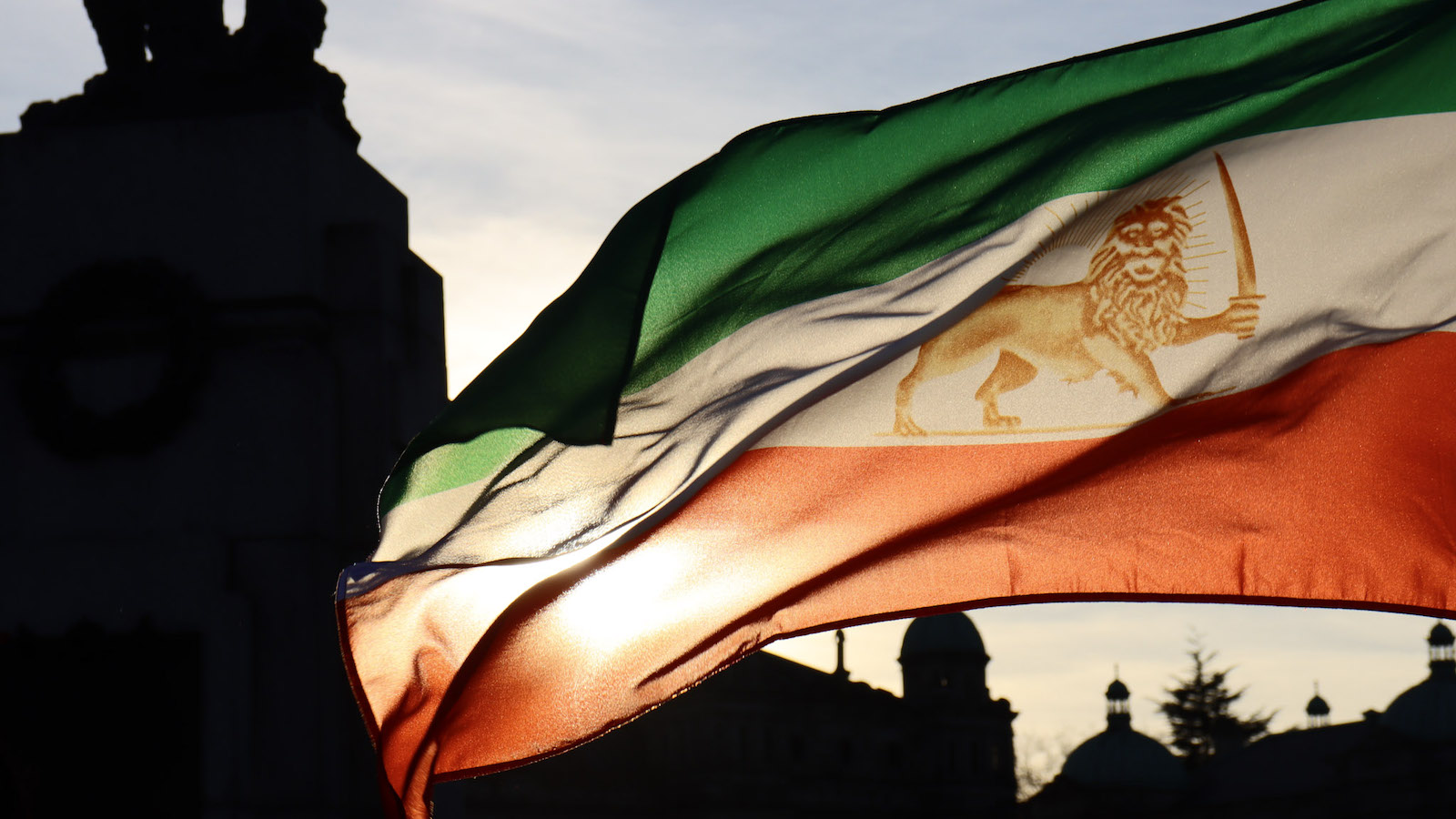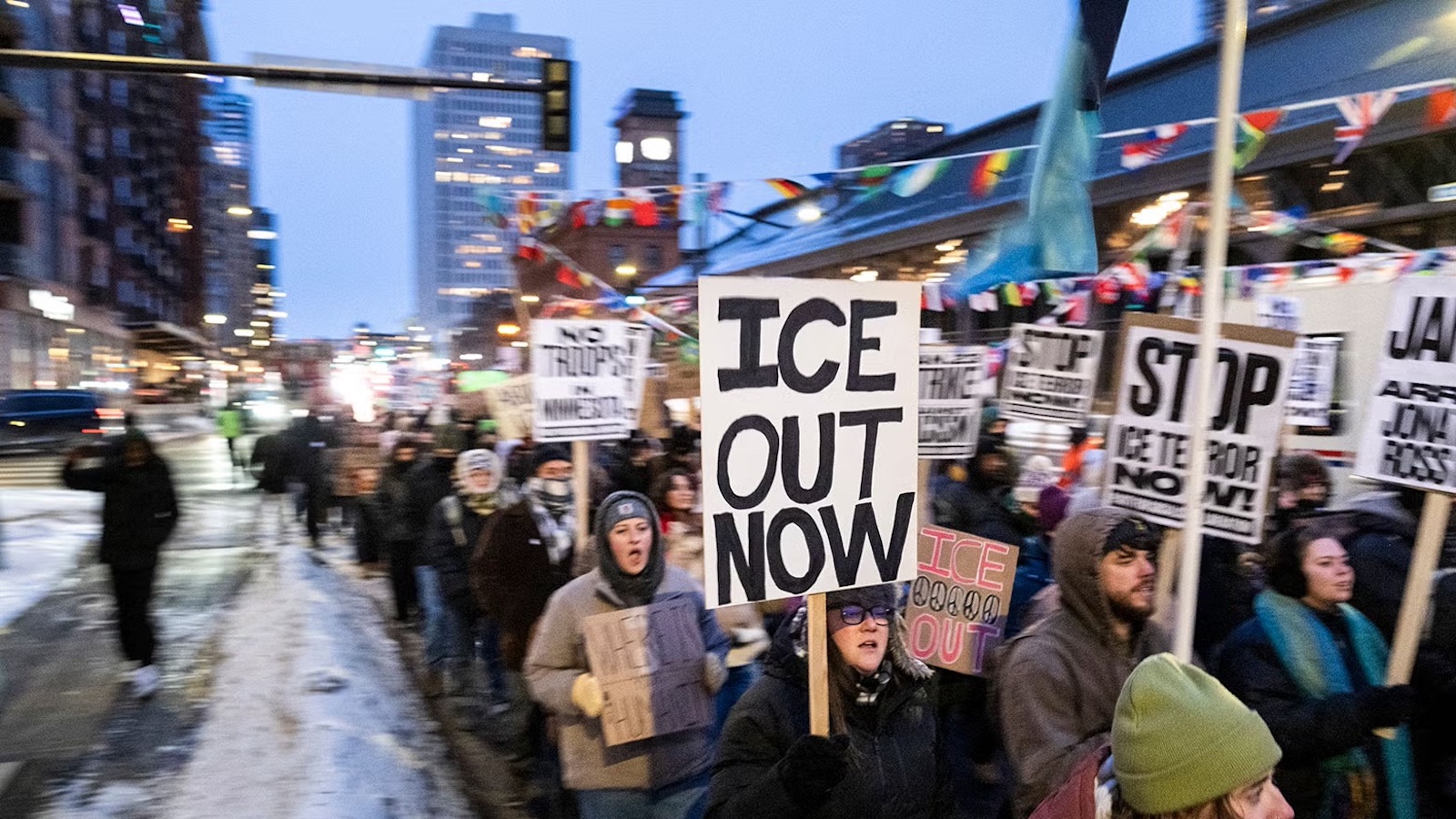
Five Years Yawn
Tell me: How did you note the five-year-anniversary of the COVID-19 pandemic? Did you, for old time’s sake, administer a self-test with one of those tabbed lollipops that almost certainly expired after sitting in your closet for years? Or maybe you whipped out one of the old N-95s, the inside caked in a dried layer of spittle, and snared it across your mandible. Or, if you believe President Trump is the Duse incarnate, perhaps you retrieved your Fauci votive candle and flamed its wick to petition the Saint of Science for intercession. Or, if your taste, assuming it wasn’t spiked by Covid proteins, leans literary, maybe you picked up Camus’s The Plague to wonder at how easily herd-mentatility takes control in the face of fatal emergency. Or, if the conspiracy-quotient part of your brain hasn’t been fried, you may have picked up The New York Times and read that the Wuhan virus factory actually created a virus. (News, not at 11, but five years too late.)
On the off-chance you’re a long-Covid-truther like harridan journalist Taylor Lorenz, you may have spent the day like every other stretching back a half-decade, hermetically social-distancing, dousing your groceries in Lysol, and shuffling around in a fumigated mobile pressure chamber.
On the better chance that you’re a grubish normie with a nine-to-five, and not a Twitter neurotic, you probably missed the marking—which is based, not on the advent of the lanced virion, but on the first delimiting orders.
In fact, the pandemic likely doesn’t cross your mind, except when the untouched boxes of test strips at CVS catch your eye en route to checkout. The year-or-so of “abundant caution” and enforced social-exclusionary edicts feels, at this chronal distance, a strange limbo, a dream-like sabbatical from the everyday, an extended pause menu on the rat-race game. We all collectively adjusted our life pattern to fit the pestilential dispensation. Then once the first rounds of the mRNA jab were available to shield the elderly and vulnerable, it shriveled away. The mask mandates, the capricious distance dictates, the school shutterings, the imposed quarantines, the randomly placed plastic barricades that turned grocers into gaols. They all faded like a pluff of greenish miasma.
Dostoevsky was right: people really can get used to anything.
Eliding over the Covid pandemversary is proof positive that society has more or less moved past being harrowed by invisible, air-riding virii. (Except for fans of the socialist, multi-millionaire senator who distributed three houses to himself.) But conquering fear and getting on with the business of breathing doesn’t mean the damage is healed, or that the scars have been effaced. Over a million Americans perished from the Covid pathogen. Their deaths are permanent, their earthly erasure borne by surviving loved ones.
Chris Hardman and Adam Ellwanger argue the country shed more than its citizens during our long eremitic episode. “We lost the world we knew prior to 2020—the one where we never gave a second thought to gathering for concerts and sporting events,” they argue. I think that’s overstating our sold innocence a bit. Those who enjoy large, body-brimmed events are still going to enjoy them. And those worrywarts who think twice about sharing oxygen would be better off staying home anyway. Lingering corona-trauma has the nice benefit of weeding out spoilsports.
Hardman and Ellwanger make a more abstract point about our abandoned sense of freedom: “While many countries imposed more severe restrictions on their citizens, no other people in the world had ever been acclimated to the kind of liberty Americans took for granted.” Their worry echoes John Adams’s warning that liberty surrendered rarely returns. That’s true, if fair, enough. But its converse is also valid: Had us Yankees really valued our fought-and-died-for freedom, the lockdowns wouldn’t have lasted over twelve calendar turns. The societal tent folds would have been forcibly undone after those ill-fated two weeks by public strife. Instead, the descendants of people who kicked the arse of various collectivist regimes around the globe chose to accept the non-association decrees. Some even took the law into their own hands, shopping on their own neighbors for hosting gatherings that exceeded local ordinances. Land of the snitch, home of the stooly!
Here’s the even sadder truth of the pandemic: for laptop-class professionals like yours truly, the pandemic wasn’t all bad. It was somewhat of a reprieve for the capitalist grind. “There was never any lockdown. There was just middle-class people hiding while working-class people brought them things,” J.J. Charlesworth argued. I laid in the comfortable cushion of the former while millions of my fellow Americans toiled to prevent nationwide paralysis. I also had multiple factors in my favor: my children weren’t yet school-age, my job was fully remote, I owned a single-family home, I inherited no comorbidities, nor did I fear for any at-risk family members. Basically, I wasn’t a bulbous blob living in a cramped apartment with prattling sprats incapable of sitting still before the blue glow of a computer for hours at a spell.
I have fond memories of that spring, after the initial hysteria died down, of a creeping, complacent pace of life. I remember loping around my old neighborhood, pushing my then-one-year-old in a push car in the slant of the late afternoon sun, amidst the blooming hyacinth and azaleas, guzzling IPAs, unafraid of tomorrow’s timeclock, cranking Artie Shaw from a Bluetooth speaker. That fortune, which, in our information economy, I wasn’t alone in sharing, incubated my family from the ravages of the pneumonic virus and its attendant government squeeze.
No gift is free. Time put on credit gathers interest. I paid for the vacation from the norm by stretching my employer’s sick-day policy to cover my kids’ infection infusion after they avoided the germ gauntlet of daycare. Delaying gratification is the key to taming nature’s impulse. But in the Covid case, I enjoyed the lackadaisical lushing before the hard work of juggling a job and a daughter whose nose ran like a faulty spigot for months on end.
Such are the costs of early breaks. Not everyone was so lucky. Once-in-a-life plagues should retain their moniker—the response never to be repeated. Until the next generation inevitably forgets, dismissing recollections as the moldy rants of delusional graybeards.
Free the People publishes opinion-based articles from contributing writers. The opinions and ideas expressed do not always reflect the opinions and ideas that Free the People endorses. We believe in free speech, and in providing a platform for open dialogue. Feel free to leave a comment.



